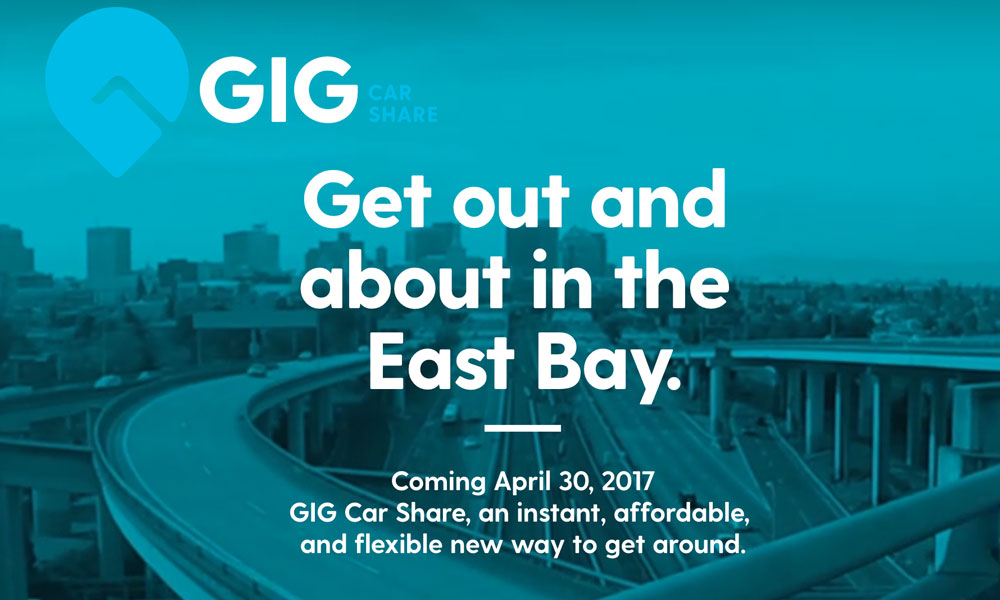
How AAA’s New Car-Share Service Thinks Beyond Ownership
Gig, a new service that AAA is launching April 30 in California’s Bay Area, is designed to target a consumer segment that is likely to grow in importance in the coming years: the urban resident who doesn’t own a car.
With its traditional roadside assistance service, AAA may have one of the most famous membership models of any association—one that, in some ways, inspired the modern ebbs and flows of the app-based platforms we use today.
So it’s only fair that AAA itself is inspired by some of those very platforms. Recently, Fast Company revealed that AAA had launched a car-sharing service along the lines of Zipcar. The service, called Gig , helps get around an existential problem for the association: the fact that car ownership is becoming increasingly optional, particularly in cities.
The service, a product of AAA’s innovation lab A3Ventures—“A3” is a great way to slacken up “AAA,” by the way—allows residents in the California cities of Oakland and Berkeley to pick up a car wherever one might be located, drop it off in a specific zone within the city, and grab a different car later on.
The pricing model, according to TeslaRati, is $15 per hour, $85 per day, or $2.50 per mile—whichever total amount is cheaper. The service will be available to everyone, but AAA members get discounts.
Mike Hetke, executive vice president and chief strategy officer at AAA Northern California, Nevada, and Utah, notes that this model differs that of Zipcar and others in an important way.
“Unlike traditional station-based models where you go out shopping for the day and you’re paying for the car while you’re not using it, while it’s sitting there parked, with the one-way model, you can take a car, drive to where you’re going, end your trip, and not have to pay for a vehicle while you’re doing whatever you’re doing,” Hetke told Fast Company. “And then grab a different car to drive back home.”
The company has worked out deals with Oakland and Berkeley to allow people to park the vehicles in places that would otherwise be treated as two-hour parking spots. (Hecke notes that this required working directly with the municipalities.) The model isn’t unique—and AAA’s Vancouver offshoot, the British Columbia Automobile Association, did something similar in 2015—but it’s new to one of the largest tech-forward areas of the United States.
Hecke says the approach is one example of how AAA is working to maximize value for its members, whether or not they own a car—and whether, as it turns out down the line, that car drives itself.
“By charter, we’re not a for-profit member service organization,” he told Fast Company. “We exist to create value for members. We don’t exist to create value for shareholders or make a giant profit. So we should be constantly reinvesting our profits back into new sources of value for our members.”
(Gig screenshot)






Comments